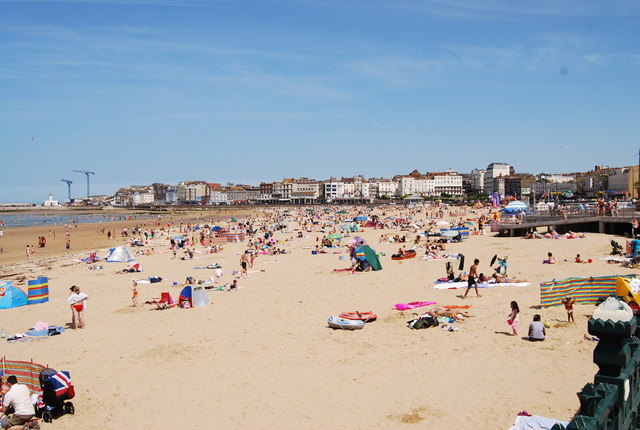
Official figures reveal that the UK economy contracted more than initially anticipated in July, primarily due to strikes by NHS workers and teachers, along with adverse
weather conditions affecting the construction and retail sectors, according to the Office for National Statistics (ONS). This decline amounted to a 0.5% reduction, surpassing analysts' predictions and continuing the trend of sluggish economic growth in the UK.
Nonetheless, the ONS offered a more optimistic outlook for the nation, emphasizing that output in the services, production, and construction industries exhibited growth over the three months leading up to July. Despite disruptions caused by strikes and inclement weather during the summer, the economy received a slight boost from a busy schedule of sporting events and increased visits to theme parks, according to Darren Morgan, director of economic statistics at the ONS.
The key indicator of the UK economy's health, known as gross domestic product (GDP), measures all economic activities within a country and is closely monitored by the government and businesses. Rising GDP signifies economic growth and increased prosperity for the population, on average. Conversely, a decline in GDP indicates economic contraction, which can be detrimental to businesses. A consecutive two-quarter drop in GDP is typically defined as an economic recession. Presently, the UK is not in a state of recession, but concerns persist regarding its recent sluggish economic growth. Photo by Nigel Chadwick, Wikimedia commons.


































